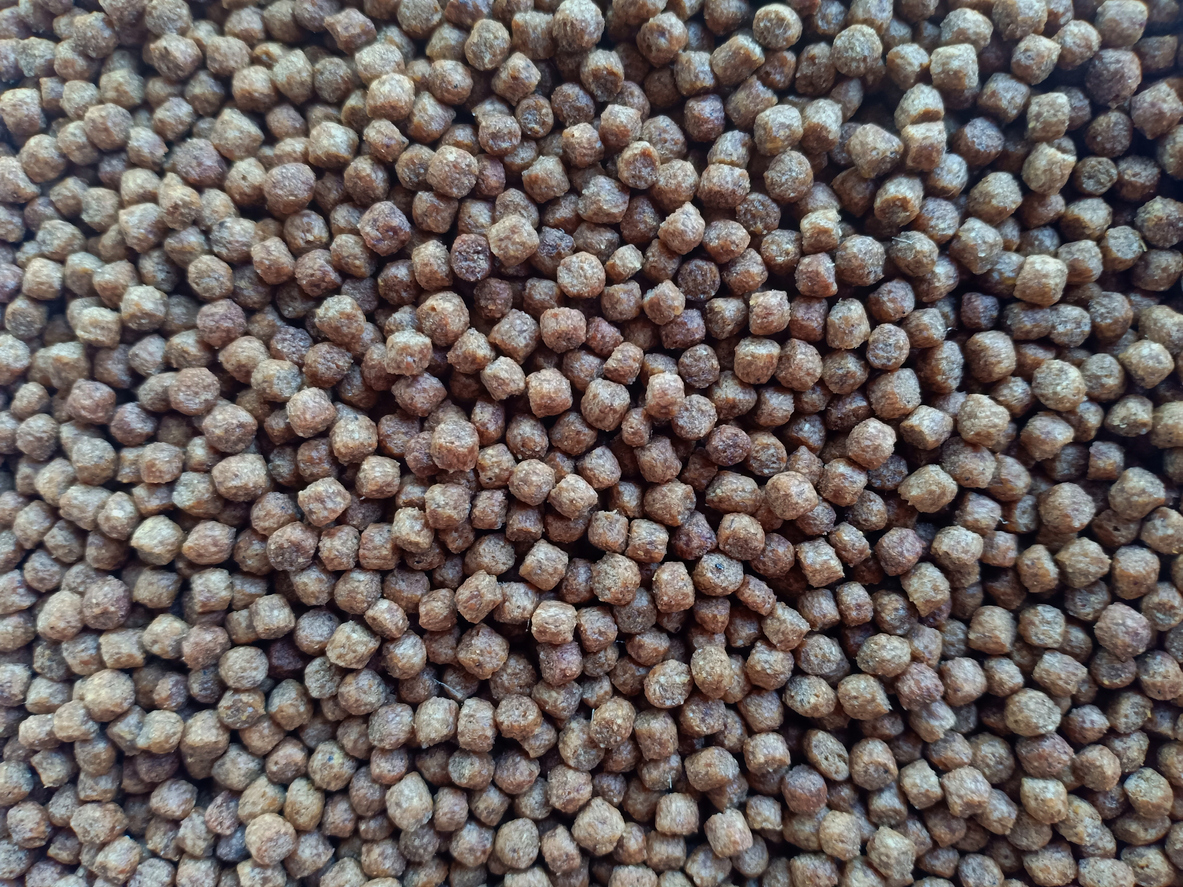The Best Fish Food For Fish Farms in Ghana
The Best Fish Food For Fish Farms in Ghana
Fish are an important source of nutrition and income for many people in the developing world. Fish farms can be an excellent way to produce fish commercially, as they can reduce the costs of feeding and maintaining the fish, while also reducing their exposure to diseases that might otherwise spread through an unprotected natural habitat. A good fish farm will have a combination of different species of fish rather than just one type. This is because different species have different food requirements, so if you only keep one kind of fish it won’t get the right nutrition and will likely die. Here’s a look at some of the best feed for fish farms in Ghana:
What are the best types of fish food?
Generally, fish food should be about 30% protein, 25% carbohydrates, 30% lipids, and 20% minerals and vitamins. If you are only growing small fish for food, then you can use a standard fish food designed for smaller species such as tilapia or carp. However, if you are keeping larger fish such as salmon, trout, or sturgeon, then you will need a different feed that has a higher percentage of protein and minerals. Feed made for carnivorous fish such as salmon or trout is high in protein, whereas feed for herbivores such as tilapia or catfish has more carbohydrates. Feed for larger species also usually has extra minerals and vitamins needed to support their growth.
Why is a fish feed processor important?
Any fish feed is going to be made from ingredients such as soybeans or fishmeal, but different feed processors use different methods to process their ingredients. This can have a big impact on the nutrition content and quality of the feed, as well as drastically affecting the price. When purchasing fish feed, it is important to find a trusted fish feed processor who specializes in creating feed for aquaculture. If you use feed made for livestock, you will end up with a product that is too high in protein and minerals for your fish. Likewise, if you use plant-based feed, your fish won’t get enough nutrients. Fish feed processors will specialize in one type of feed or several types, so you can find one who can create the type of feed you need. In addition, many feed processors will also create premixes, which are premixed feed ingredients designed for specific ratios. This is a great option for fish farmers who want to make their own feed but don’t have the expertise to mix the individual ingredients.
Fish food made from soybeans
Soybeans are a good source of protein, but they do not contain the right minerals and vitamins for fish. To make soybeans suitable for fish feed, the beans are ground up and then treated with an alkaline solution to remove their toxic protein phenol. This creates a product called soybean meal, which is an excellent source of protein for fish. However, soybean meal can also be too rich in minerals. This can lead to too much calcium build-up in the fish’s bones and organs, which can eventually lead to death. To counter this, feed manufacturers often add limestone or shells to their soybean meal, which serves as a natural source of calcium.
Fish food made from menhaden fish
Menhaden fish are harvested in high quantities in the United States, and some of their harvested parts can be used to make fish food. Menhaden meal is a byproduct of menhaden oil and can be used as a protein source for fish feed. However, menhaden meal is also rich in minerals such as calcium, which is needed to build the fish’s bones, but not needed by the fish themselves. This can cause the same problems as with soybean meal, so most manufacturers use lime to counteract this effect. Menhaden meal is an excellent choice for fish feed, and it is also one of the cheaper types of fish meal.
Fish food made from shrimp and krill
Shrimp and krill are both types of crustaceans, but they are very different in terms of their nutritional value. Krill is a great source of proteins and vitamins, but shrimp is high in lipids. In order to create a balanced fish feed, feed companies often mix krill and shrimp together to create a balanced fish food. This can be a great option for farmers who want a completely sustainable feed that doesn’t use any fishmeal or soybeans. Krill and shrimp are both harvested in large quantities by the fishing industry and are readily available. Using shrimp and krill as a feed source is also cheaper than using fish meal.
Final Words
Aquaculture has become increasingly important in recent years as people look for more sustainable sources of protein. While it is possible to grow fish on land, it is much easier to do so in a water environment, and water also happens to be where fish naturally live. Fish farms can be a great way for people to get access to quality protein, so long as they are given the right food. Feed is one of the most important factors in keeping a fish farm healthy, so it is important to choose the best type for your species.








LEAVE A COMMENT
You must be logged in to post a comment.